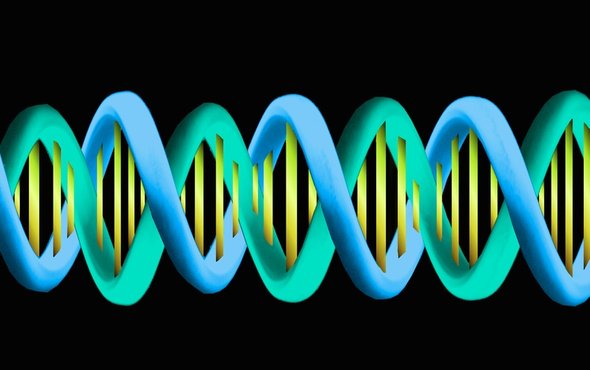This is Scientific American — 60-Second Science. I'm Christopher Intagliata.
Men inherit their Y chromosomes from their fathers. And they get an almost exact copy, other than a few mutations. Meaning very little changes about the Y chromosome from generation to generation.
"You may just have 100 people with the same Y chromosome, because they're all descended from one man." Marcus Feldman, a population geneticist at Stanford. "They all had this great great-great-great-great-great-great-grandfather. And every male relative of that individual who's a first-degree relative has the same Y chromosome."
Researchers have thus used Y chromosome data—along with mitochondrial DNA, which is passed down only by our mothers—to investigate aspects of ancient populations. For example, one recent study found a huge drop in Y chromosome diversity five-to-seven thousand years ago. At the same time, mitochondrial DNA diversity continued to grow, implying a possible crash in the male population, with 17 women to every man. But:
"It seemed to us that the 17-to-1 sex ratio was just too extreme to be real."

So Feldman and his team used computational models to investigate other ideas. And they found that bloody fights between genetically homogenous clans could have produced the same results. "Essentially we're saying the clans fighting one another are built around having the same Y chromosome."
Imagine a single deadly battle knocking out a whole clan of men with the same Y chromosomes. Then repeat that unpleasant scenario a few times. You'd get a huge drop in the diversity of Y chromosomes, as the victorious clans won battles and expanded. The details are in the journal Nature Communications.
Eventually, Y chromosome diversity bounced back, as smaller clan structures were replaced by large, genetically diverse cities and societies—a cultural innovation that we, too, inherited.
Thanks for listening for Scientific American — 60-Second Science. I'm Christopher Intagliata.












